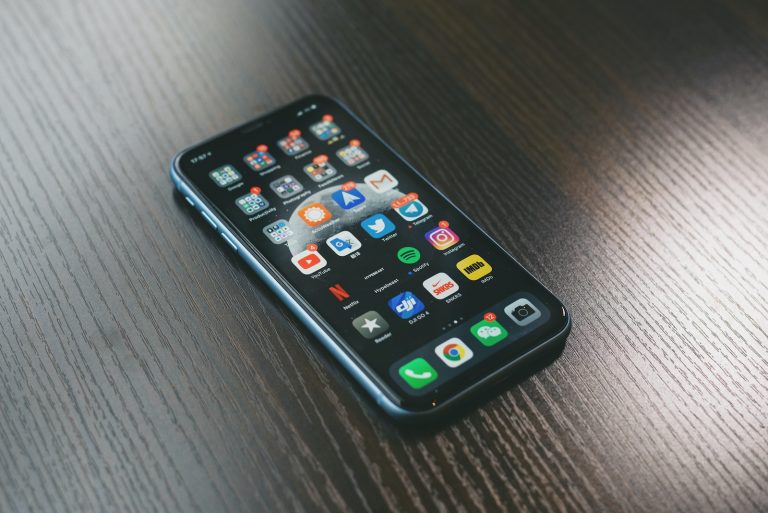In this day and age, living without a cell phone is a major feat. Without one, you’re unable to do things like sign up for online accounts, and if people want to contact you, calling is their only option. Maybe you’ve decided that it’s finally time to take that step, or maybe you’re buying a phone for someone else for the first time. Either way, these tips will help you make the choice that’s right for you.
Story Stages
Smart Versus Dumb Phones
Once upon a time, all cell phones were what are now called “dumb” phones. You couldn’t access the internet and were essentially limited to making calls and texts. “Dumb” phones do still exist and you could choose to buy one instead of jumping straight to smartphones. What you choose will depend on how connected you want to be. Do you want the ability to access social media apps through your phone, or would you prefer to retain your privacy? There’s always a trade-off when choosing the “smart” option, so weigh your options carefully before making a decision.
Operating Systems
If you decide a smartphone is the way to go, you’ll have to make another tough choice: iPhone or Android? There are benefits and downsides to both choices. iPhones are extremely user-friendly and are popular for how quickly updates are rolled out. However, with Apple products, you pay the price of needing Apple products for everything: chargers, accessories, and applications. Android offers more flexibility around the brands you purchase but often means you’ll be a little behind everyone else when it comes to getting updates.
Phone Plans
Choosing a phone plan is a confusing process, and if you choose unwisely, you could find yourself with patchy service or unexpected fees. Mobile companies will offer “unlimited” plans that turn out to be pretty limited, so it might feel impossible to find one that does what it says it’ll do. Many reputable phone companies have simple and straightforward, like Boost’s Prepaid Mobile process that gets you what you need in three steps. Avoid any plan that uses roundabout wording to try and lure you into paying more. Decide what kind of plan you need and stick to it.
Desirable Specs
Next, you have to consider what you’re looking for in a phone. Everything from the size (big enough to watch TV, or small enough to use with one hand?) to the number of cameras should be considered before making a choice. This is a great argument for going to a physical store and seeing how the phone feels in your hand. Do you care if the phone has clunky features that might add a lot of functionality, or do you prefer a sleek design that fits neatly in a pocket? Are you planning to use your phone to play mobile games, or do you take a lot of family photos and want better results? Because of the bevy of options on the market now, it’s essential to narrow down what exactly it is you want from your phone.
Gadgets and Accessories
Buying a cellphone usually means also buying any of the accessories that are necessary for using it. A phone case, charging cable, and screen protector are the bare minimum you’ll need to keep your phone safe and functional. You may not think your phone needs a case, but you’ll be surprised by how easy it is to drop it screen down, or how quickly it’ll slip out of your hand the second you’re near a body of water. Once you’ve spent the money on the phone, it’s worth spending a little more just to ensure that you won’t have to do it all over again next month.
A Reasonable Budget
Last but not least, you’ll have to consider how much money you’re willing and able to drop on a cell phone. Many of the more expensive models allow you to use payment plans, but maybe you’d rather pay for the phone upfront. There are tons of affordable options on the lower end of the pay scale that will still perform well so don’t think you have to go into debt for a decent phone. The real key is knowing what you need from a phone and then taking the time to find out which one will give it to you.
